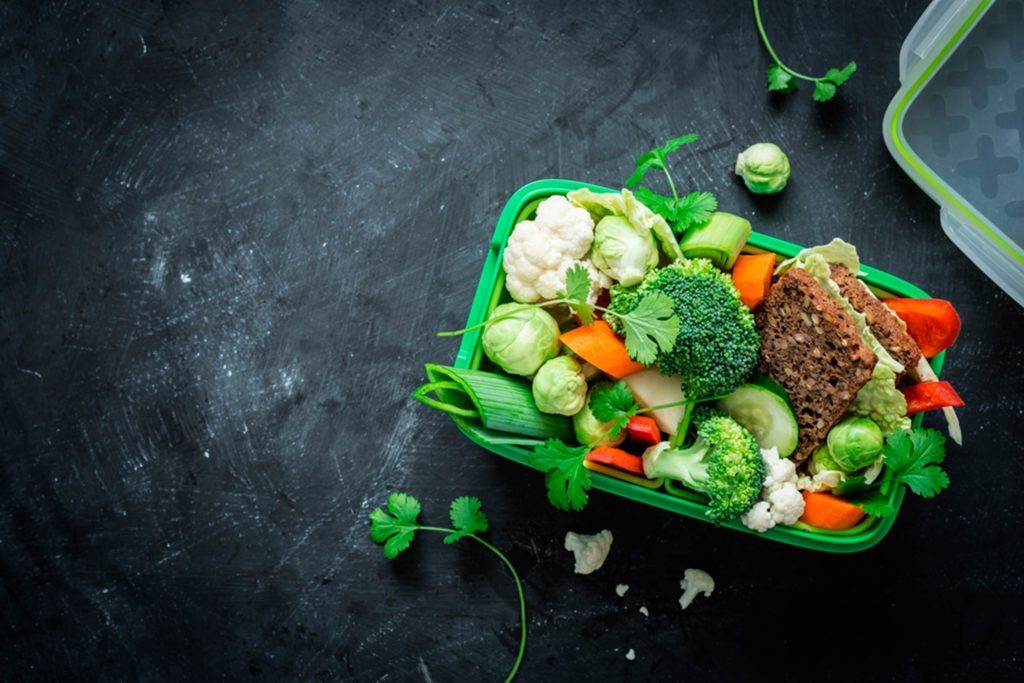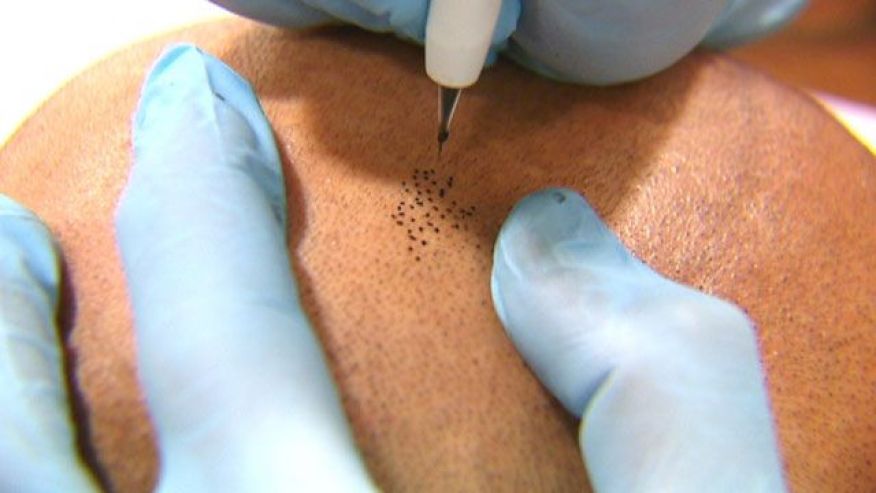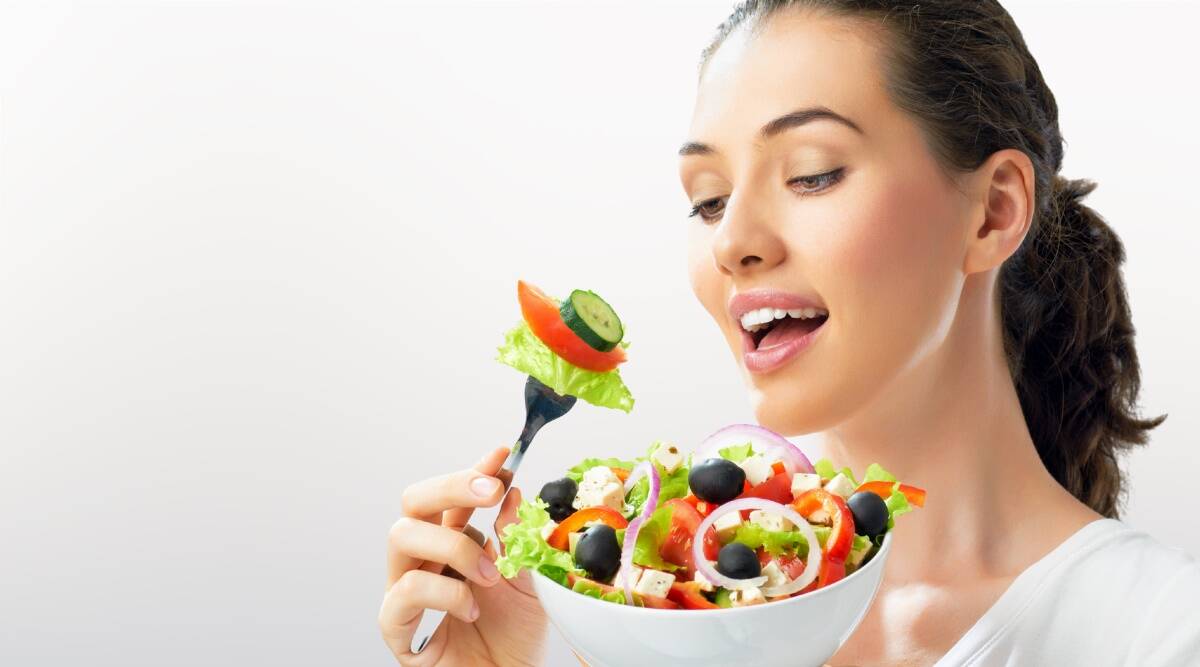
It’s true. Strict vegan diets do not contain all essential nutrients—here’s a guide to what vegan diets can be missing. However, says dietitian Sharon Palmer, an expert in plant-based nutrition, “the crux of this announcement is not so much a recommendation against raising your children as vegans as much as it is a recommendation to ensure that the diets are well-planned.”
The bottom line is that vegan diets are acceptable and appropriate for infants and children, according to Palmer. A recent position paper from the Academy of Nutrition and Dietetics (AND) agrees. AND states that appropriately planned vegan diets can be nutritionally complete. Research shows health benefits for eating a vegan diet for children, including lower rates of obesity and chronic disease later in life. Here are more health-related benefits of a vegan diet. But it’s also true that a vegan diet can be incomplete and unhealthy.
Parents committed to a vegan lifestyle can provide a completely balanced diet for their children, with proper planning. Palmer, author of the book Plant Powered for Life, encourages parents to include a balance of nutrient-rich foods, including soy foods, fortified soy milk, beans, grains, healthy fats, nuts, seeds, fruits and vegetables. Kids require enough calories, protein, fats and all vitamins and minerals for growth and activities.
For infants, Palmer recommends breastfeeding for a nutritionally complete diet—vegan diets just don’t hit the mark. When that’s not an option, feed infants commercially prepared vegan formulas. Never use milk alternatives, such as plant-based milks, which are low in protein and other nutrients essential for the foundation of a baby’s diet. Weaning off the bottle needs to move to fortified soy milk, which is nutritionally similar to cow’s milk, according to Palmer.
To cover potential nutritional shortfalls of a vegan diet, Palmer has some advice. Vitamin B12 is only available in animal-based foods, she points out, and vegans should supplement with this nutrient, which is key for neurological function, DNA synthesis, and red blood cell formation.
Vegan children will also need vitamin D, essential for bone mineralization and neurological development. Although kids typically get the nutrient in fortified cow’s milk or fish, they can also get it in fortified cereals and orange juice—and through sunlight. If your child isn’t getting these sources, a supplement is necessary.
Parents may want to supplement with essential omega-3 fatty acids (DHA and EPA); these are vital for the brain and immunity, and they’re primarily found in seafood. Vegan sources include algae, walnuts, hemp and chia seeds. Research published in the Medical Journal of Australia found plasma, blood, and tissue levels of omega-3 fats are significantly lower in vegetarians compared to omnivores.

Iron is another concern, because the “good” iron (heme) is primarily found in red meat. Vegetarians have lower iron stores than omnivores, probably due to the lower quality iron (non-heme) they get from dark leafy greens and other vegetable sources. Children with iron-deficiency anemia have depressed immune function, according to a recent study published in Medicine. Fortified breads and cereals are an iron-rich alternative for vegan children, but supplementation may be required.
While most children get their bone-growth-stimulating calcium from milk and cheese, vegan children can easily consume adequate calcium from tofu and other soy products, almonds, fortified fruit juices, and calcium-rich vegetables such as bok choy, kale and turnip greens. Another concern is how well the body is absorbing the calcium it gets. The high-fiber, high-phytic acid nature of vegan diets can flush calcium through the digestive tract—or bind with it—before it can help shore up bones. Ensuring adequate calcium intake in children is essential, and parents should consider supplementation.
For peace of mind and professional advice, find a registered dietitian nutritionist in your area if you’re considering raising vegan children. In fact, Palmer recommends consultation before the child is born. The Vegetarian Resource Group provides a “My Plate” version for vegans, providing a simple well-balanced visual to ensure inclusion of all food groups. Misinformation abounds on the internet, so seek out an expert in your area or through the Vegetarian Nutrition Dietetic Practice Group.
[“source-rd”]






















